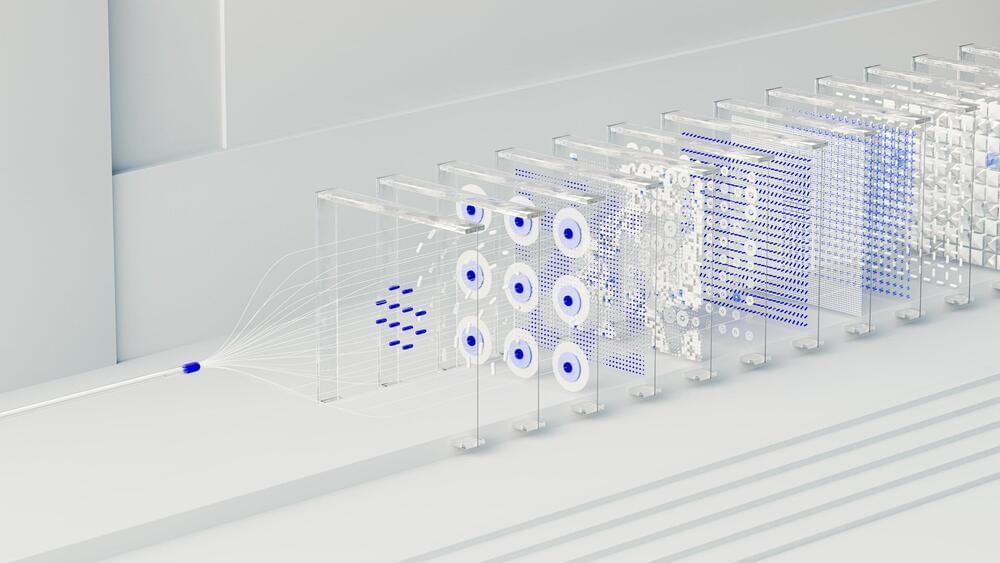
An estimated one in five Americans live with chronic pain and current treatment options leave much to be desired. Feixiong Cheng, Ph.D., Director of Cleveland Clinic’s Genome Center, and IBM are using artificial intelligence (AI) for drug discovery in advanced pain management. The team’s deep-learning framework identified multiple gut microbiome-derived metabolites and FDA-approved drugs that can be repurposed to select non-addictive, non-opioid options to treat chronic pain.
The findings, published in Cell Press, represent one of many ways the organizations’ Discovery Accelerator partnership is helping to advance research in healthcare and life sciences.
Treating chronic pain with opioids is still a challenge due to the risk of severe side effects and dependency, says co-first author Yunguang Qiu, Ph.D., a postdoctoral fellow in Dr. Cheng’s lab whose research program focuses on developing therapeutics for nervous system disorders. Recent evidence has shown that drugging a specific subset of pain receptors in a protein class called G protein-coupled receptors (GPCRs) can provide non-addictive, non-opioid pain relief. The question is how to target those receptors, Dr. Qiu explains.


















